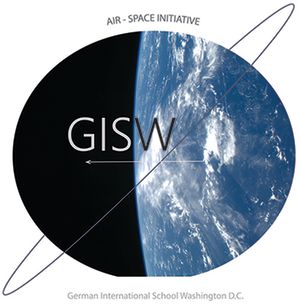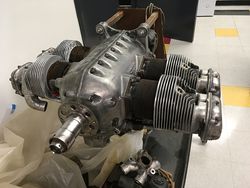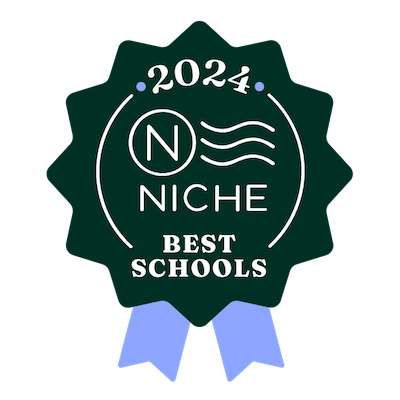GISW AIR-SPACE Initiative

It is difficult to say what is impossible, for the dream of yesterday is the hope of today and reality of tomorrow. - Robert Goddard
Now more than ever it is important to encourage our youth to dream, but more importantly to provide them with the skills and tools to turn those dreams into reality. This is part of creating the future. At the GISW, we endeavor to incubate young minds through high quality training and experience and therefore, we created the AIR-SPACE Initiative. This effort is a framework through which programs can be conducted that inspire and train students for the future.
Under the AIR-SPACE Initiative, we are launching two new programs:
AIREngine-BUILD:
This program seeks to provide students with theoretical and hands-on experience to learn the fundamentals of flight and aircraft engine mechanics. The AIREngine-Build program has the potential to improve local exposure to STEM education through utilizing the wealth of aeronautical knowledge inherent in the local aviation community. AIREngine-Build will be composed of three integrated activities: airplane engine refurbishment, lectures, and aviation community activities.

Aircraft engine refurbishment will involve the repair of a 4-cyclinder piston aircraft engine which was acquired via cost sharing between a GISW and a charitable donation from the Lampkin-Srebric family.. The objective is to restore this airplane engine..Build sessions will involve initial supervision of engine systems restoration and construction by pilots with mechanical experience and certified Aircraft Maintenance Technicians (AMT).
GISW-NEARspace:
This program is a collaboration between the University of Maryland’s NEARSPACE program (https://md.spacegrant.org/mdsgc-programs/balloon-payload-program/) and GISW. This program is an exciting opportunity for students to participate in the emerging field of near and low Earth orbit science. Our students will build a custom payload with instruments that can take images and measure properties of the atmosphere as the payload ascends to an altitude of 100,000 ft via a weather balloon. Students will build their own payload in the Fall of 2017 and launch in Spring of 2018. This initial effort will be the basis for building knowledge capacity at GISW to pursue more ambitious projects that include the potential to launch pico-satellites from rockets mounted on high altitude balloons. Small satellite platforms are an emerging technology for the utilization of space. The largest cost to deploy a satellite is getting it to low Earth orbit. The use of balloons cuts the cost substantially. A program of this type will provide a broad range of training spanning, space science, engineering and information science/technology.
> Student report about the "Science for Experts" course at GISW
Please address any comments and questions directly to one of the members of the GISW STEM/MINT Incubator Work Group:
Ms. Nicole Bankert
Ms. Steffi Colopy
Ms. Anja Ellenrieder
Ms. Doris Fricke
Ms.Susanne Kneiske
Dr. Guido Müller
Mr. Phillip Thiemeyer
Mr. Volker Torst
Prof. Dr. Derrick Lampkin (Vorstandsmitglied)









